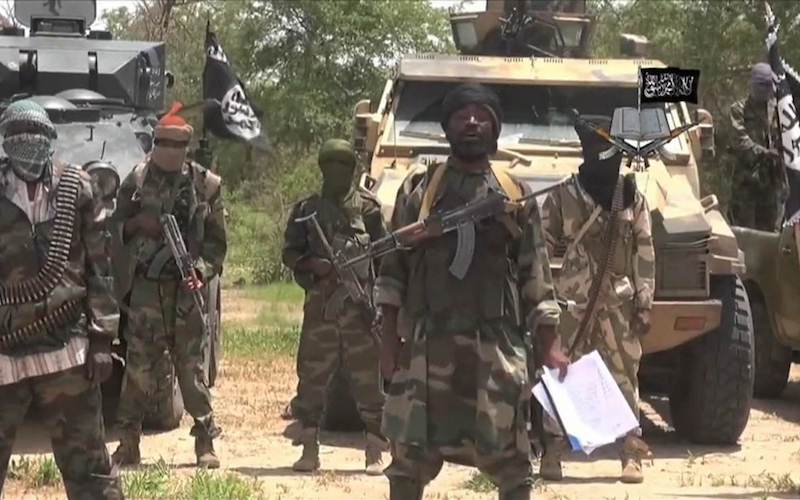
Implications of Boko Haram’s Allegiance to the Islamic State
News that Boko Haram has declared allegiance to the Islamic State (Daesh) is further evidence of the coalescence of momentum and influence in Daesh’s favor, as its global reach expands. Daesh has done what only Al Qaeda had done before it – attract a range of disparate Islamic extremists to its ranks from around the globe. What distinguishes Daesh is that its own brand of extremism – complete with cruelty unparalleled in the modern world — is becoming an impetus for less extreme groups to join its ranks, rather than an impediment.
Apart from the attempted evisceration of the ancien regime in the Middle East, the rise of Daesh — and the proliferation of other extremist groups such as Al Qaeda in the Arabian Peninsula, Boko Haram and Al Shabaab — represents a world order in transition. Some would say it is merely the continuation of centuries-old historical conflicts at play. But it is not simply those countries and regions directly impacted by these extremist groups whose political and economic orders are being threatened by them. The states that preside over the post-War order are threatened by the same non-state actors, whose strength far outweighs their numbers and materiel. It is a testament to the inherent contradictions of the Post War order that so many Failed States have been created by it, and are now the birthplace of so many of these extremist groups, who are masterful at taking advantage of that.
So as the Post War order slowly crumbles, a new world order based on an entirely new set of dynamics is being created. Our G-Zero world is in essence being replaced by a “G-41” world.
In 2004 there was a total of 21 Islamic terrorist groups in 18 countries; Today, there are 41 such groups in 24 countries. It is these groups, rather than the BRICS, MINTS and CIVETS, that are increasingly shaping the evolving world order. Scores of centrifugal forces, many of which are uncontrollable, have come to define the political and military regime of the 21st century.
Boko Haram certainly represents a potent regional force that the region’s countries have been unable to control, much less crush. Short of committing hundreds of thousands of troops to the Middle East, North Africa, and parts of Asia and Africa to a lengthy and sustained battle — which will not happen — it seems likely that, at a minimum, Daesh will retain the gains it has made, and will claim even greater territory as other extremist groups pledge allegiance to it in the months and years to come. We should all be very concerned.
So what are some of the implications of Boko Haram’s pledge to Daesh? It will surely gain more credibility and attract more recruits, making it even more difficult for the region’s governments to successfully combat it. Boko Haram could expand its geographical reach well beyond its present operational theater, particularly given that most of the territory that lay between West and East Africa is effectively ungovernable, filled with porous borders and Failed States. Chad, Sudan, the Central African Republic and the Democratic Republic of Congo lay in its path. Can there be any doubt about what comes next?
Daesh is like an amoeba that not only continually changes shape, but grows in size. Given that we live in a world of limited financial and military resources, and that developed countries with the theoretical capacity to address the problem lack the political will to become more engaged in conflicts in their own backyard, much less half a world away, we had better get used to the idea that there will remain a plethora of raging fires that no one can put out. Welcome to the G-41 world.

